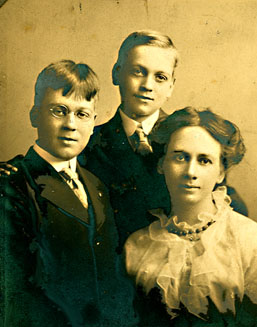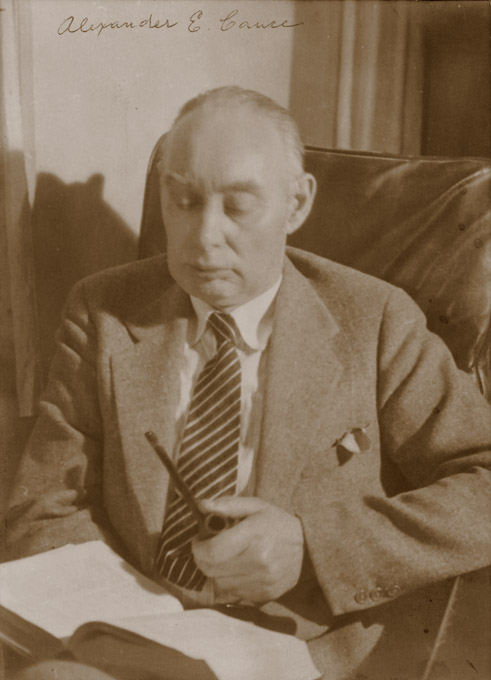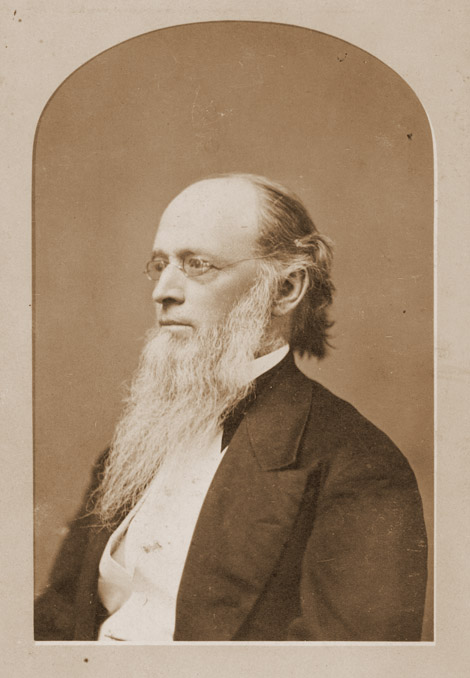Jules Chametzky Papers
1947-2006
21 boxes 31.5 linear feet
Call no.: FS 003
Jules Chametzky is a professor of English, emeritus, at the University of Massachusetts Amherst, and the founder (1958) and co-editor of The Massachusetts Review. Born May 24, 1928, in Brooklyn, NY, Chametzky attended Brooklyn College (B.A., 1950) and the University of Minnesota (M.A. 1952; PhD, 1958). During his noteworthy career, he taught at the University of Minnesota, Boston University, Yale University, the Free University of Berlin, and UMass Amherst (1959-present). A specialist in Jewish American literary history, Chametzky was twice a Fullbright Professor, and he has contributed his time to the Modern Language Association of America, the American Association of University Professors, the American Studies Association, and the Coordinating Council of Literary Magazines (Secretary of the Executive Committee, 1967-1972). His many publications include The Fiction of Abraham Cahan, Our Decentralized Literature: Cultural Mediations in Selected Jewish and Southern Writers, and The Rise of David Levinsky.
The Chametzky Papers document Chametzky’s career as an educator, advocate, and academic pioneer. Included in the collection are professional correspondence, notes compiled for research and teaching, committee and meeting notes, travel documents and memorabilia, and a series of materials relating to the founding of The Massachusetts Review and the Institute for Advanced Study in the Humanities at the University of Massachusetts Amherst.
Subjects
University of Massachusetts Amherst--FacultyUniversity of Massachusetts Amherst. Department of EnglishContributors
Chametzky, Jules



